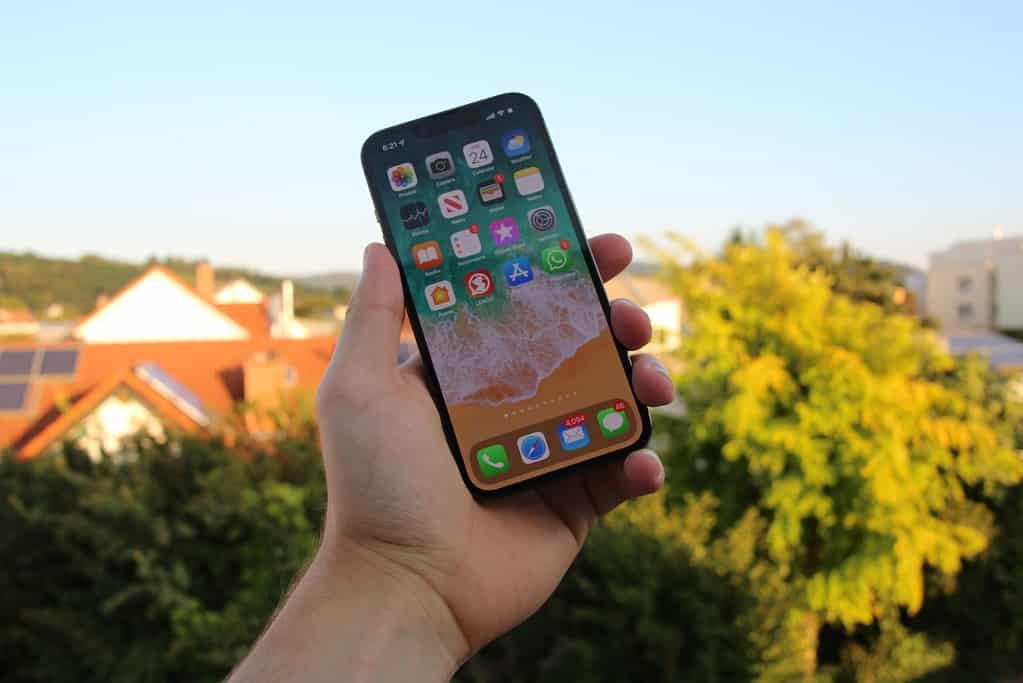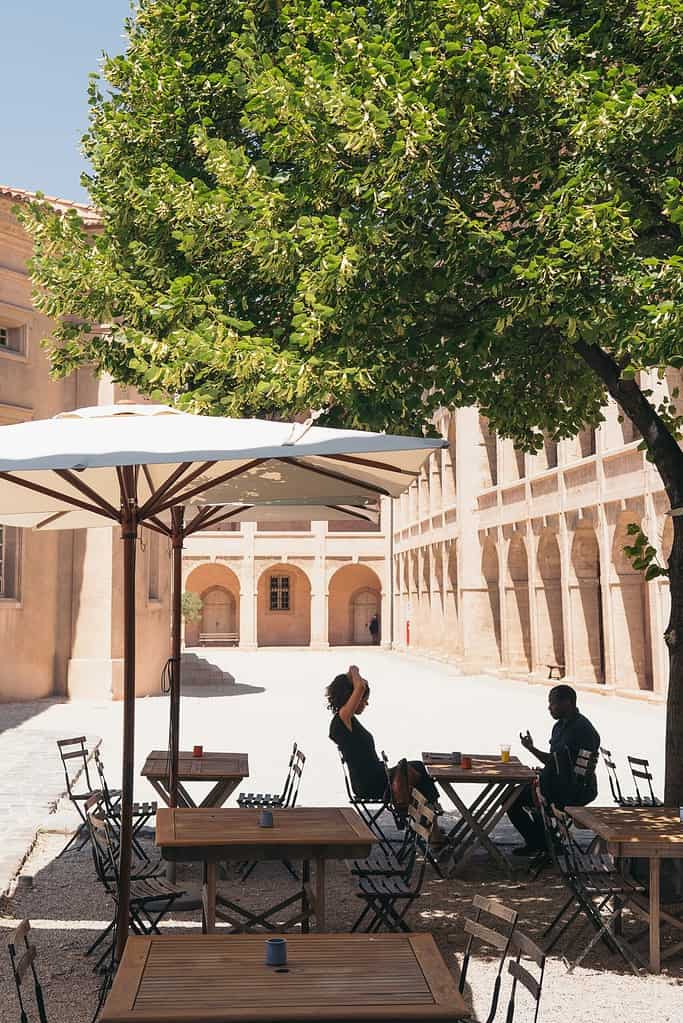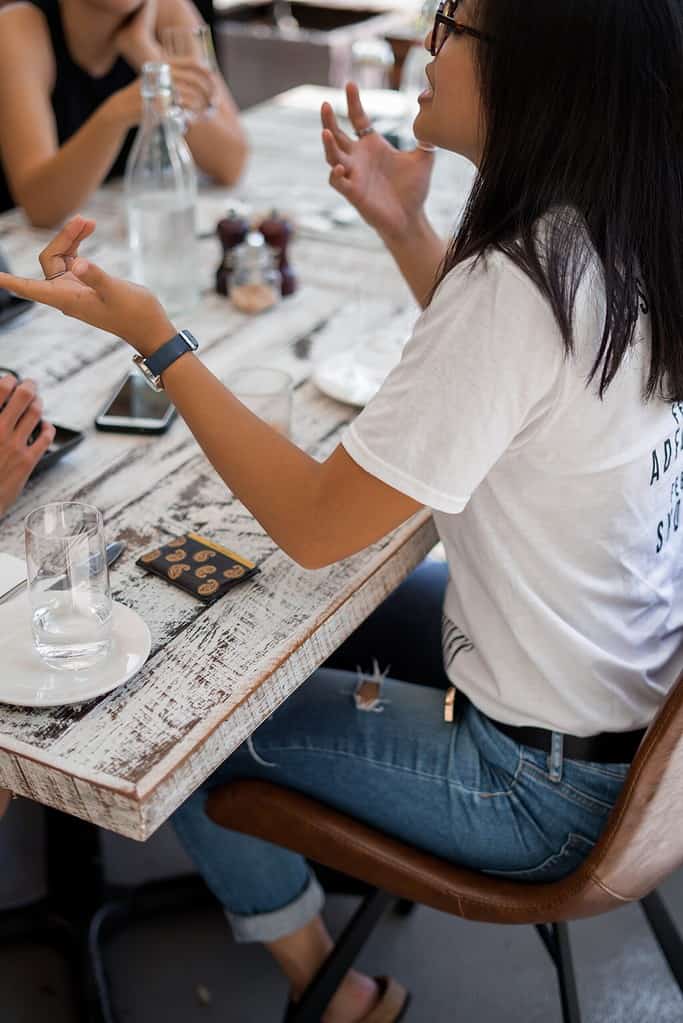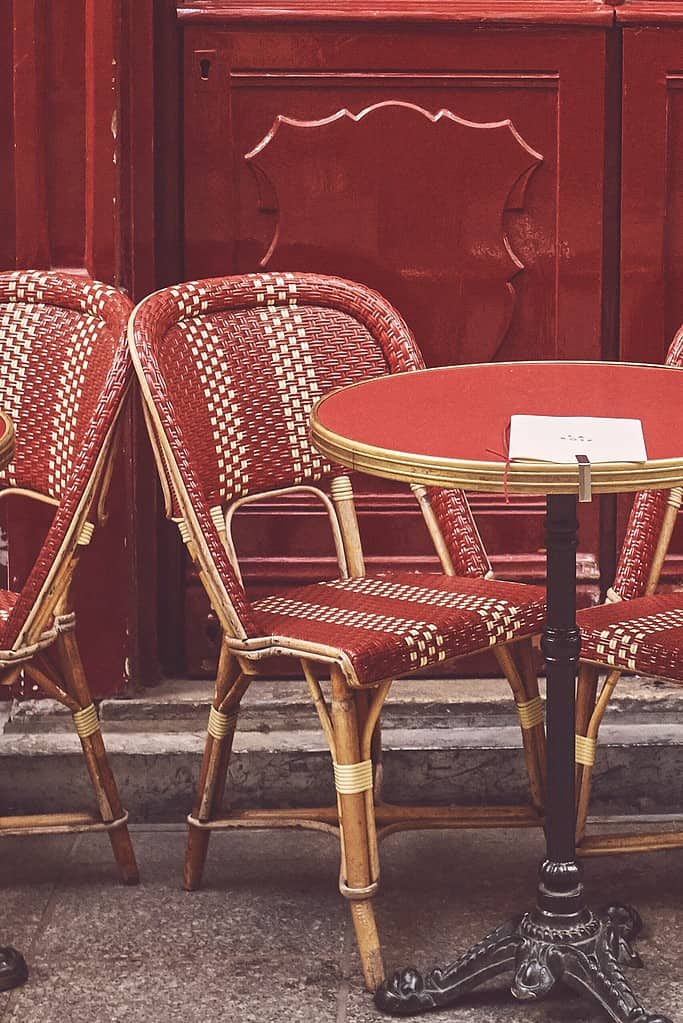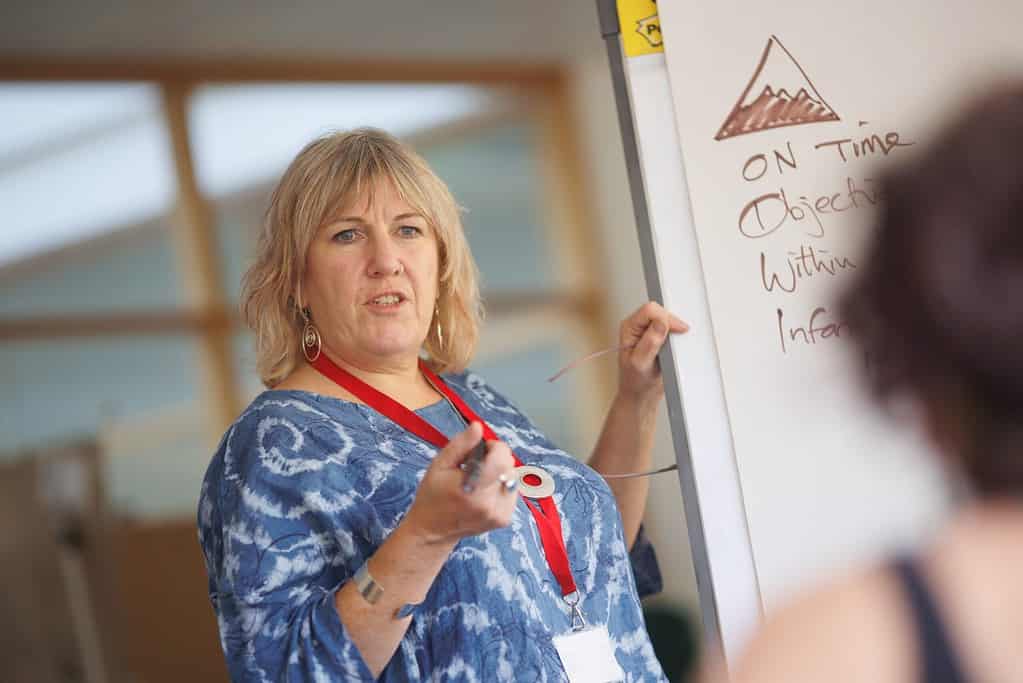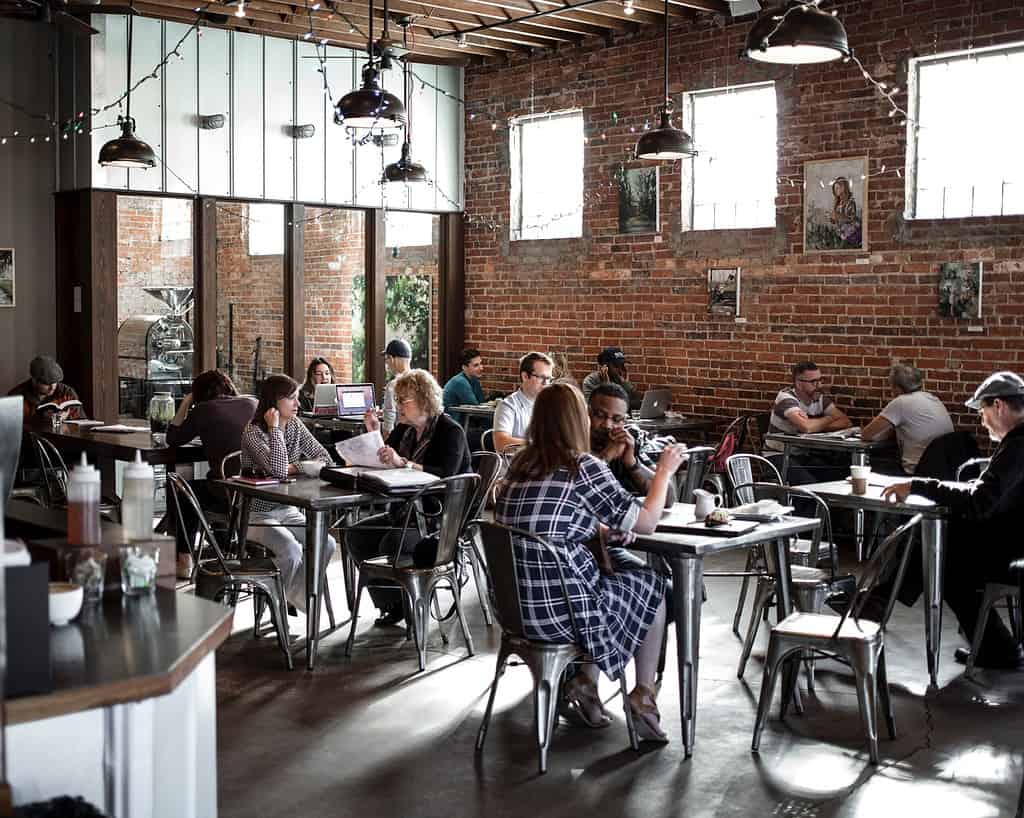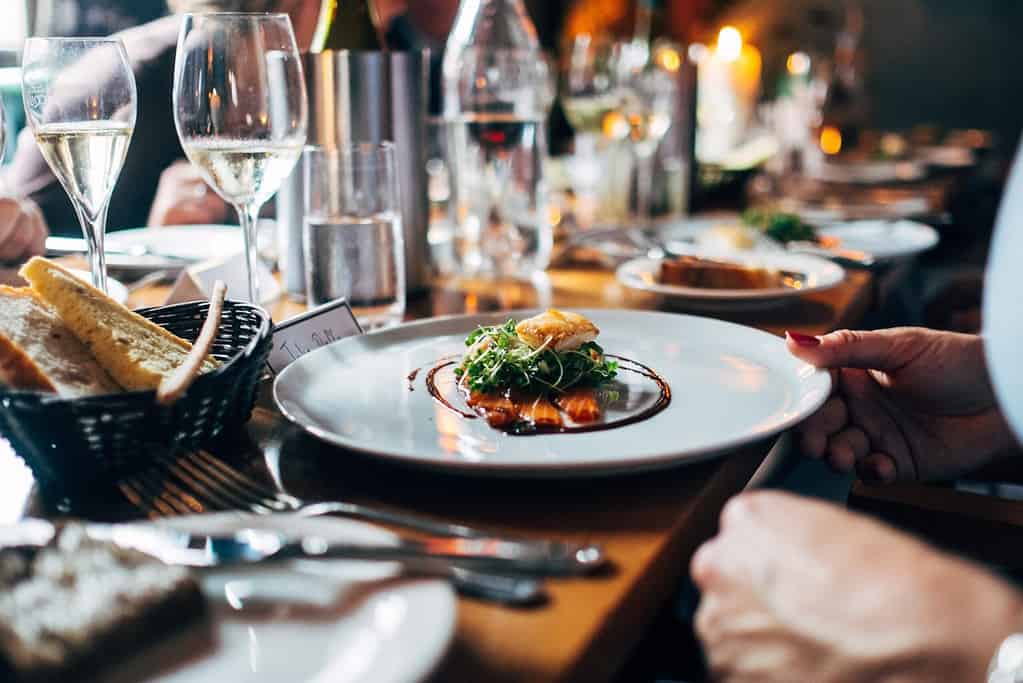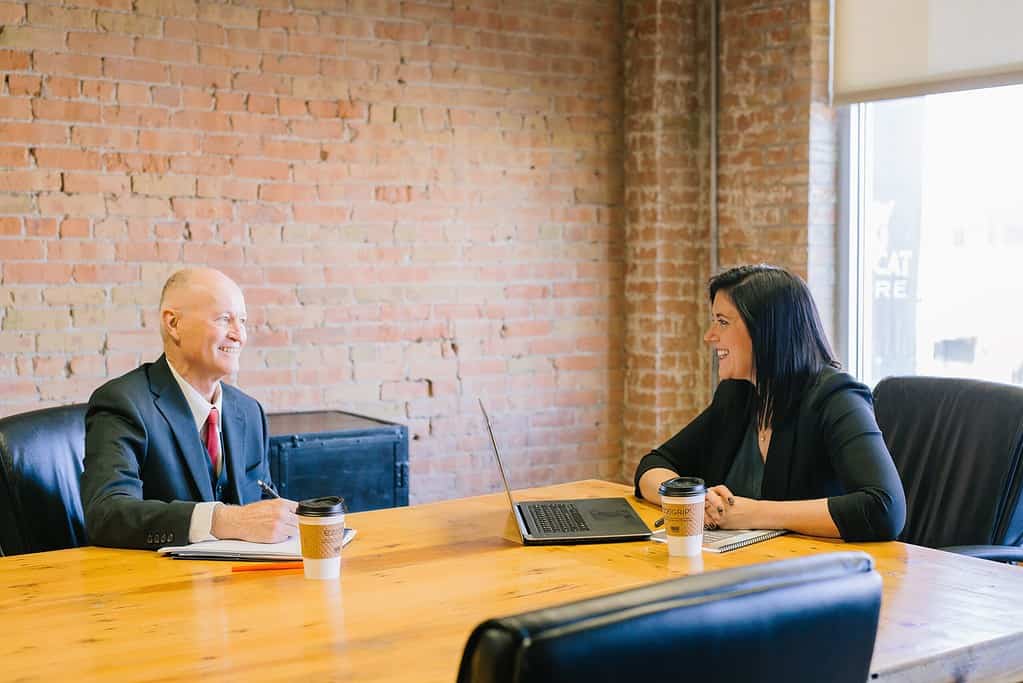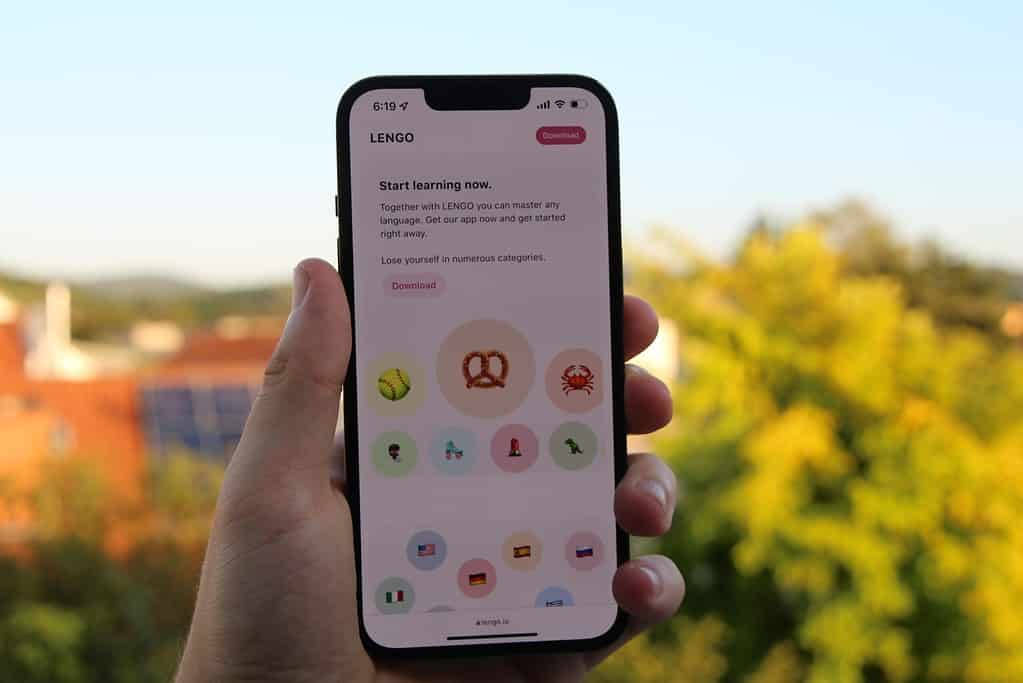French language learners know that mastering spoken French is not just about memorizing verbs and vocabulary—it’s also about diving into the cultural heartbeat of France. Organizing virtual cultural events with your language partner can transform your learning experience into an immersive, engaging journey. Imagine collaborating on film nights featuring classic French cinema, hosting online cooking sessions to whip up authentic recipes, or even launching themed book clubs that dissect French literature. These dynamic experiences not only enhance your vocabulary and comprehension but also deepen your cultural insight at a pace that perfectly fits your lifestyle. For more ways to boost your French conversational skills, explore our platform at swaplang.
Understanding the Importance of Cultural Immersion
When it comes to picking up a new language, nothing beats the power of cultural immersion. Immersing yourself in French culture means more than encountering the language in structured lessons—it’s about absorbing the subtle vibes of everyday French life. From the sound of busy Parisian streets to the aroma of freshly baked baguettes, cultural immersion is essential for anyone serious about speaking French naturally. Research from Exploring the Rich Tapestry of Virtual Cultural Exchange explains that virtual cultural exchanges can unlock engaging pathways into understanding local customs and everyday practices. Whether you’re pairing up with a native speaker in a virtual session or planning a themed event with your language partner, these experiences help break the monotony of textbook learning and propel you toward conversational fluency with relatable, real-world context.
Integrating cultural elements into your study sessions stimulates not only language retention but also builds a deeper admiration for French art, history, and traditions. As you discuss favorite French songs, traditional recipes, or vintage films, you’re effectively expanding your vocabulary and mastering colloquial expressions. These interactions mimic in-person experiences and can lead to genuine human connections, making every conversation feel like an open window to French life.
Choosing the Right Type of Virtual Event
Selecting the appropriate virtual event that pairs seamlessly with your learning goals is half the battle. Consider what excites you the most—whether it’s a cozy film night discussing a French classic, a hands-on cooking session inspired by French culinary arts, or even a deep dive into French literature with a book club. Reflect on your interests and think about events that naturally encourage discussion and interaction in French. For example, if you love food, a cooking event not only reinforces language skills but also expands your culinary vocabulary, as you might describe textures, flavors, and cooking techniques in French.
It’s essential to make sure that the event you choose will allow ample time for genuine conversation rather than just passive observation. This is where platforms like swaplang shine by allowing you to choose language partners who share similar interests and can offer real-time feedback. You might even explore innovative ideas like virtual tours of French museums or themed trivia nights about French history. These creative sessions can be as structured or relaxed as you prefer, ensuring your learning is as enjoyable as it is effective.
Keep in mind that the purpose of these events is to strike a balance between structured language practice and spontaneous cultural exchange. As noted in Global Classroom Connections: Enhancing Cultural Understanding Through Virtual Exchanges, interactive events can significantly boost confidence in speaking by mirroring authentic social interactions, making your practice sessions feel both relevant and rewarding.
Step-by-Step Guide to Planning Your Event
Planning your virtual cultural event does not have to be a daunting task. Start by outlining a few key steps. First, set a clear objective for your event. Are you looking to practice casual conversation, learn new cultural vocabulary, or simply enjoy a night out with fellow French enthusiasts? Once you know what you want to achieve, reach out to your language partner and discuss your ideas. Use your creativity to carve out a session that caters to both your interests and learning goals.
Next, decide on the technical setup. Choose a secure, ad-free platform like swaplang, which offers flexible scheduling and private video exchanges, ensuring that your session flows without interruptions. Plan a rough schedule for the event—say, a structured 30 minutes discussing the film, followed by an open conversation session where you exchange opinions in French. If you’re hosting a cooking session, draft a simple recipe with French culinary terms highlighted to spark dialogue.
It’s also wise to prepare a list of conversation starters and cultural questions. These questions might revolve around French film history if you’re watching a movie or the origins of a dish during a cooking session. A creative prompt could be, “How did French Revolution influences appear in French art?” or “What are some lesser-known regional French specialties?” Such questions lead to deeper discussions and provide context to the vocabulary you’re learning. For additional ideas on boosting your interactive sessions, check out our article on innovative language exchange methods.
At the planning stage, it can be extremely helpful to mirror the organized, yet lively virtual events discussed in How Virtual Learning Events Transform Education. This ensures your session not only targets language development but also enriches your cultural understanding through well-structured interaction.

Incorporating Language Practice into the Event
Now that your event is planned, the next step is to weave language practice throughout the session. Encourage your partner to use French consistently, even if it means stumbling over new words or phrases. The goal is to build fluency through repeated exposure and practical application, blending cultural exposure with conversational practice. For instance, if you’re hosting a film discussion, begin by watching selected scenes without subtitles to challenge your auditory skills, and then rewind to discuss the dialogue in French.
Create interactive segments during the event where each participant leads part of the discussion in French. This can be a short presentation on the film’s director when watching a movie, or a mini-demo on preparing a French dish during a cooking session. Not only does this method foster active participation, but it also turns your event into an experiential learning session. As you experiment with phrasing and pronunciation in real-time, you learn to embrace mistakes as stepping stones towards mastery.
Mix in some supportive resources like spontaneous vocabulary quizzes or themed conversation cards. For example, jot down some interesting adjectives or verbs related to French cinema or gastronomy. A fun twist could be comparing the French terms with their English counterparts and discussing their nuances. If you need extra inspiration on how to use technology in language practice, consider browsing our in-depth discussion on transformative roles of AI chatbots in French practice.
This approach mirrors the interactive, learner-centered models highlighted in recent educational research, proving that when language practice is embedded within a cultural context, learning becomes far more engaging and memorable.
Sharing the Experience and Getting Feedback
The final stage of your virtual cultural event is to share your experience and gather feedback so you can refine future sessions. After your event, take some time to discuss what worked well and what could be improved. Ask your language partner for honest opinions—perhaps they might suggest more visual aids or point out that certain segments felt rushed. Real-time feedback is invaluable, whether it comes as a casual conversation after the event or through a semi-structured survey you both complete.
Sharing your experience on social media or in a dedicated language forum can also provide additional insights from other learners. It’s a chance to compare notes, exchange creative ideas, and even invite more friends to join in on the next session. Community feedback not only validates your efforts but can also help you track your progress and keep the journey fun and rewarding.
Remember, every session is an opportunity for incremental improvement. As you develop a routine for gathering insights, you’ll eventually notice an improvement in your spoken French and a strengthening of your cultural connection. This reflective approach is strongly supported by studies on language acquisition, demonstrating that learners who actively seek feedback tend to build greater conversational confidence over time.
If you’re ready to take your French language skills to the next level, consider signing up for a few private sessions on swaplang. With flexible scheduling, personalized matching, and a secure environment, every event you create will not only enrich your French vocabulary but also immerse you in a beautiful cultural journey.



